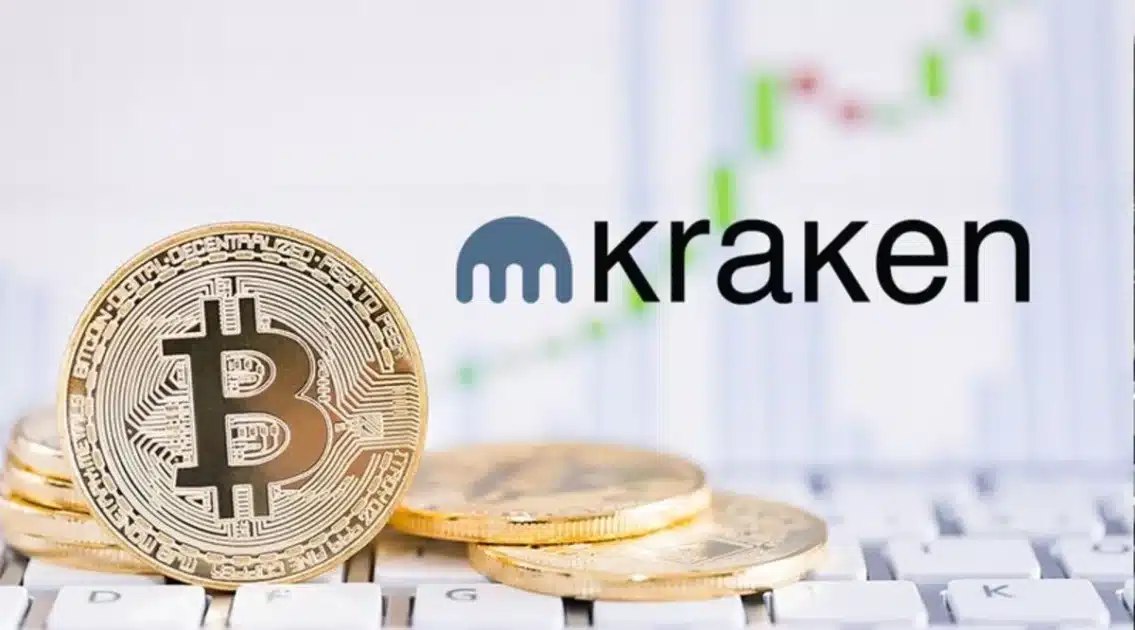Kraken, a major cryptocurrency exchange, is actively reviewing whether to delist Tether (USDT) on its European platform following the approval of the Markets in Crypto Assets (MiCA) regulatory framework. The company’s Global Head of Regulatory Strategy, Marcus Hughes, stated that the exchange is planning for all eventualities and that a final decision will be made once the regulatory position becomes clearer.
MiCA Regulations Prompt Reevaluation
Kraken’s reconsideration of Tether comes in response to the MiCA regulations approved in April 2023 by the European Banking Authorities. These regulations impose stricter requirements on stablecoins issued within the European Union. Hughes highlighted that Kraken is committed to complying with these new rules and is evaluating its global strategy to ensure ongoing compliance.
The MiCA framework is set to roll out in phases, with some applications starting in mid-2024 and other rules taking effect by December 2024. These regulations are designed to enhance the stability and transparency of the cryptocurrency market, particularly for stablecoins, which are pegged to fiat currencies like the US dollar.
Read Also: Game-Changers: How Blockchain is Revolutionizing the Sports Industry
Kraken’s Strategic Considerations
In a statement to The Block, a Kraken spokesperson clarified that there are currently no plans to delist Tether or alter its USDT trading pairs. However, the exchange is constantly evaluating its operations to remain compliant with evolving regulations. This proactive approach underscores Kraken’s commitment to maintaining its position as a leading crypto exchange while adapting to regulatory changes.
Kraken’s potential delisting of Tether would follow a similar move by OKX, another cryptocurrency exchange that pulled support for Tether trading pairs in Europe in March 2024. This decision was also influenced by the impending MiCA regulations, which have raised concerns among stablecoin issuers about increased regulatory scrutiny.
Tether’s Market Position and Regulatory Challenges
Tether remains the dominant stablecoin in the market, holding $116.76 billion worth, or 69.6%, of the total USD-pegged stablecoin supply. Despite its market dominance, Tether has expressed concerns about the MiCA regulations. In April, Tether CEO Paolo Ardoino stated that the proposed rules pose significant risks to stablecoins regulated in the EU.
Ardoino emphasized that stablecoins should keep 100% of their reserves in treasury bills rather than uninsured cash deposits. He pointed out that uninsured cash deposits are risky, as evidenced by the collapse of Silicon Valley Bank and another major stablecoin in the US. In case of a bank failure, securities would return to their legitimate owners, whereas uninsured cash could be lost in bankruptcy proceedings.
The potential delisting of Tether by Kraken and other exchanges underscores the broader impact of the MiCA regulations on the cryptocurrency industry. As exchanges and stablecoin issuers navigate these new rules, ongoing dialogue with regulators will be crucial. Ardoino expressed hope that Tether can continue discussions with EU regulators to address their concerns and find a viable path forward.
Kraken’s strategic review and the industry’s response to MiCA highlight the evolving landscape of cryptocurrency regulation in Europe. As the implementation of these regulations progresses, market participants will need to adapt their operations to ensure compliance while maintaining market stability and investor confidence.
Read Also: Bitcoin Options Traders Anticipate Short-Term Price Correction
